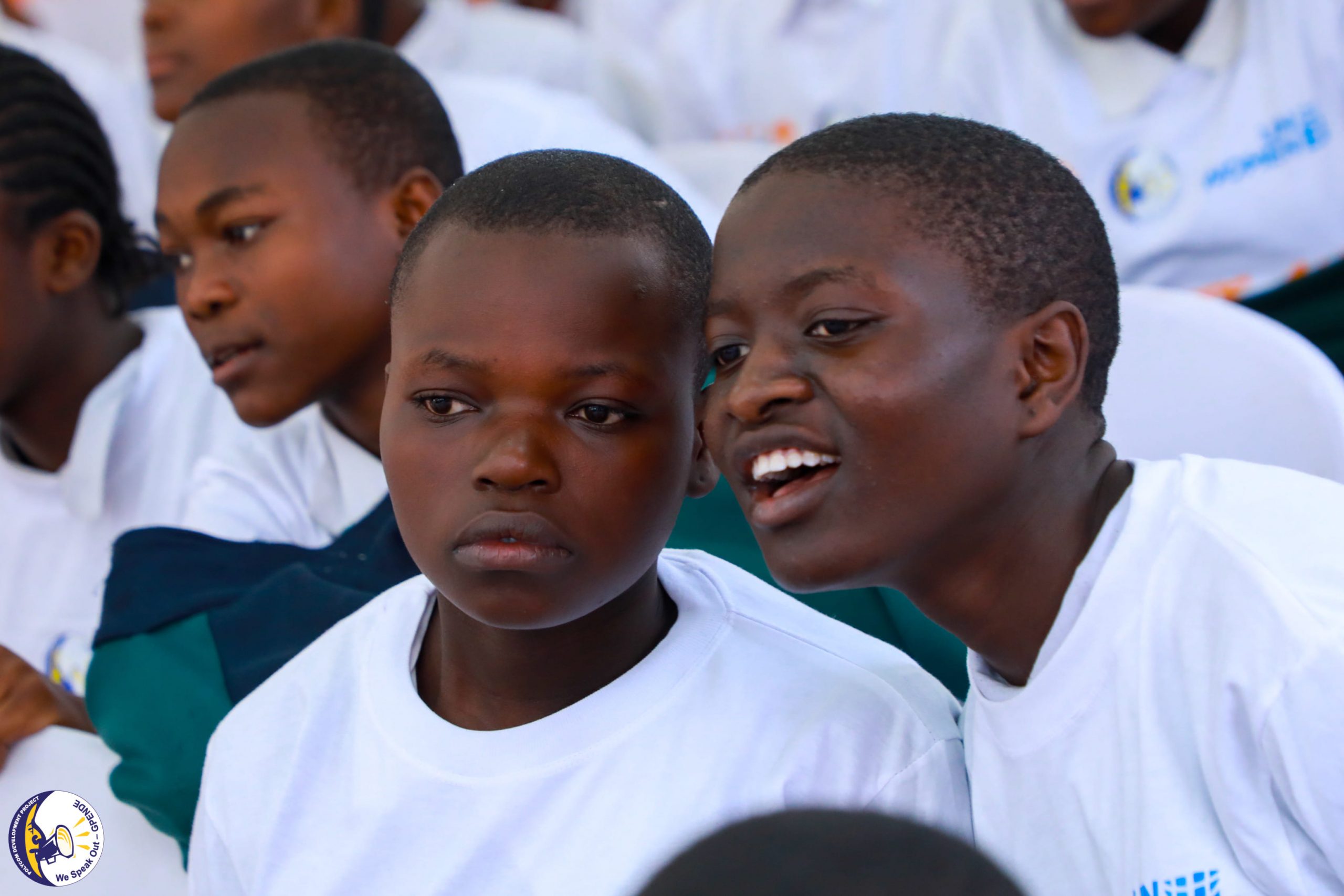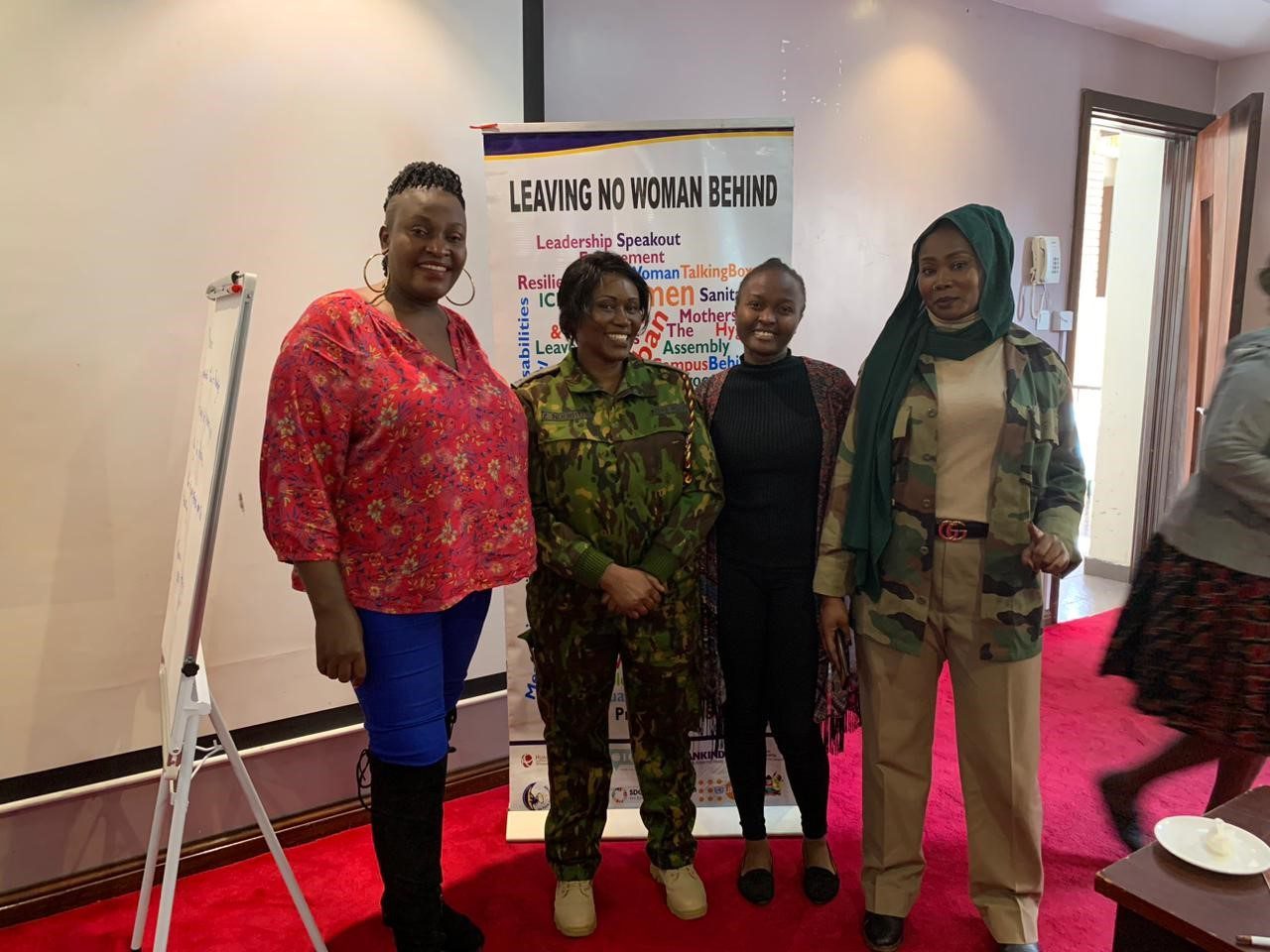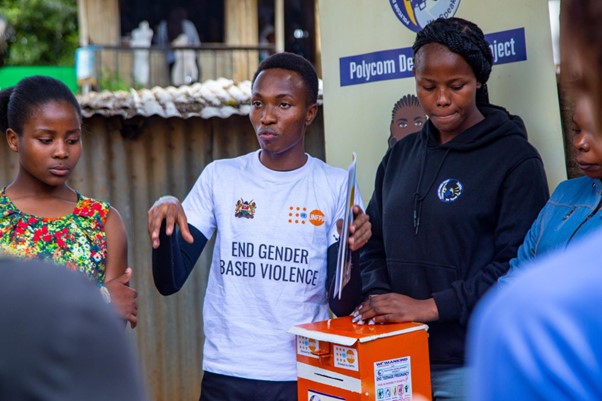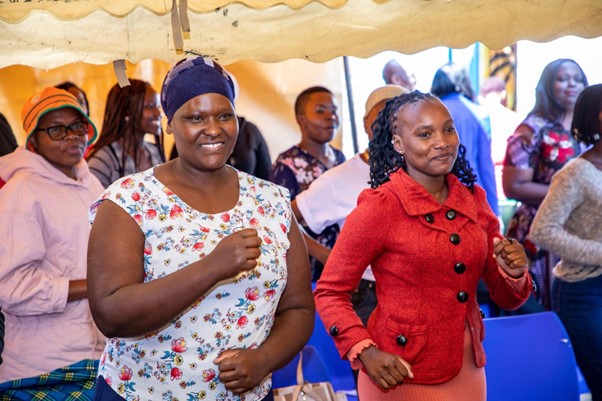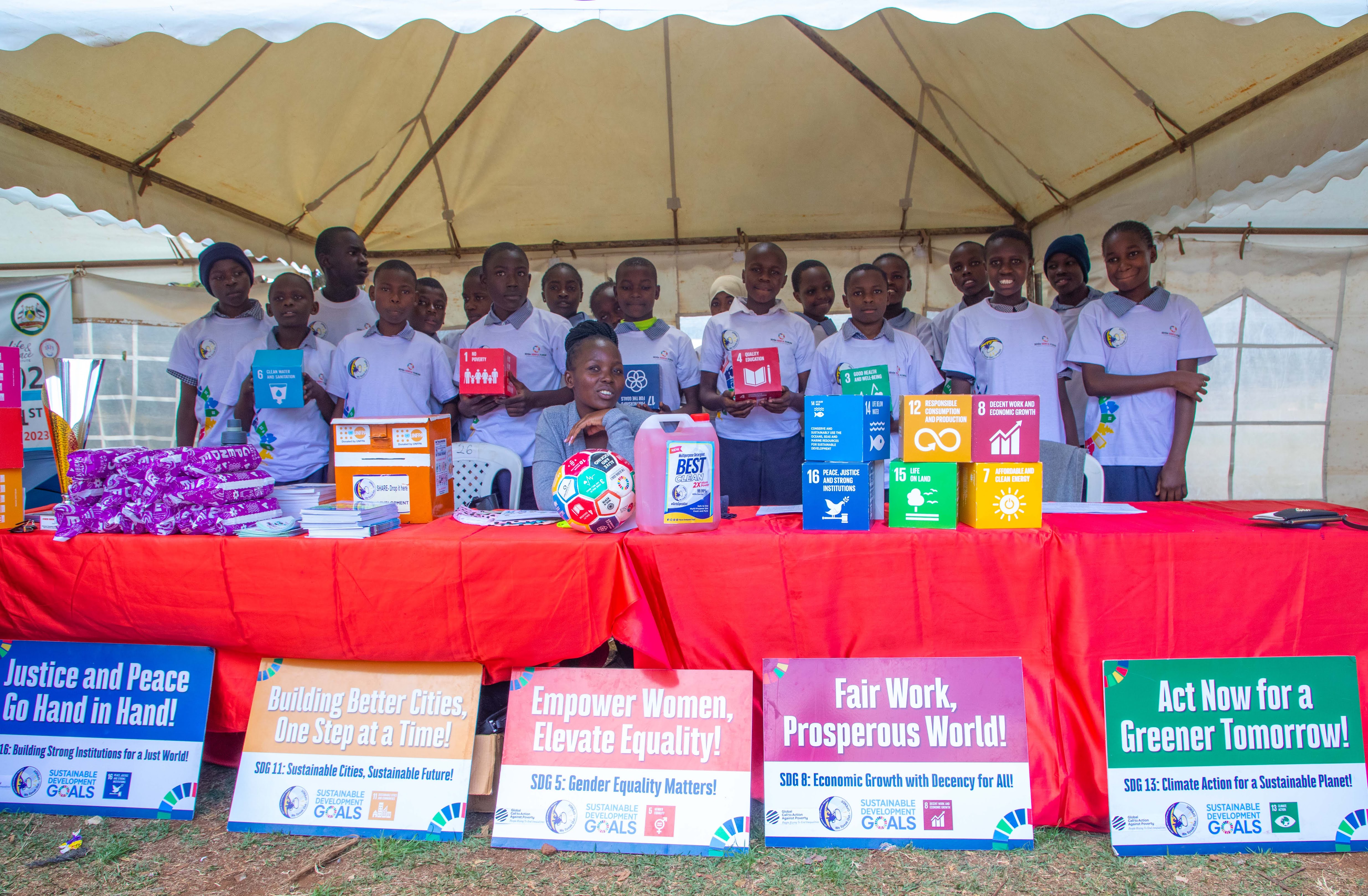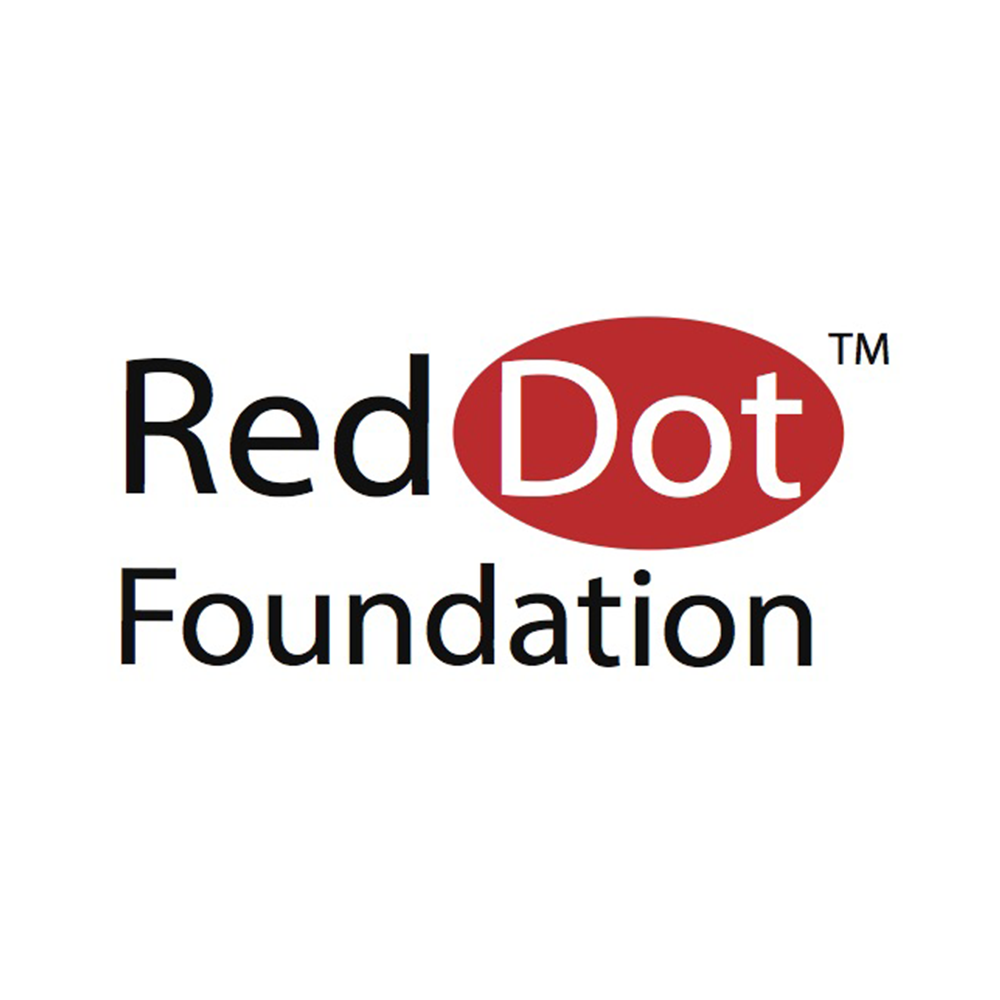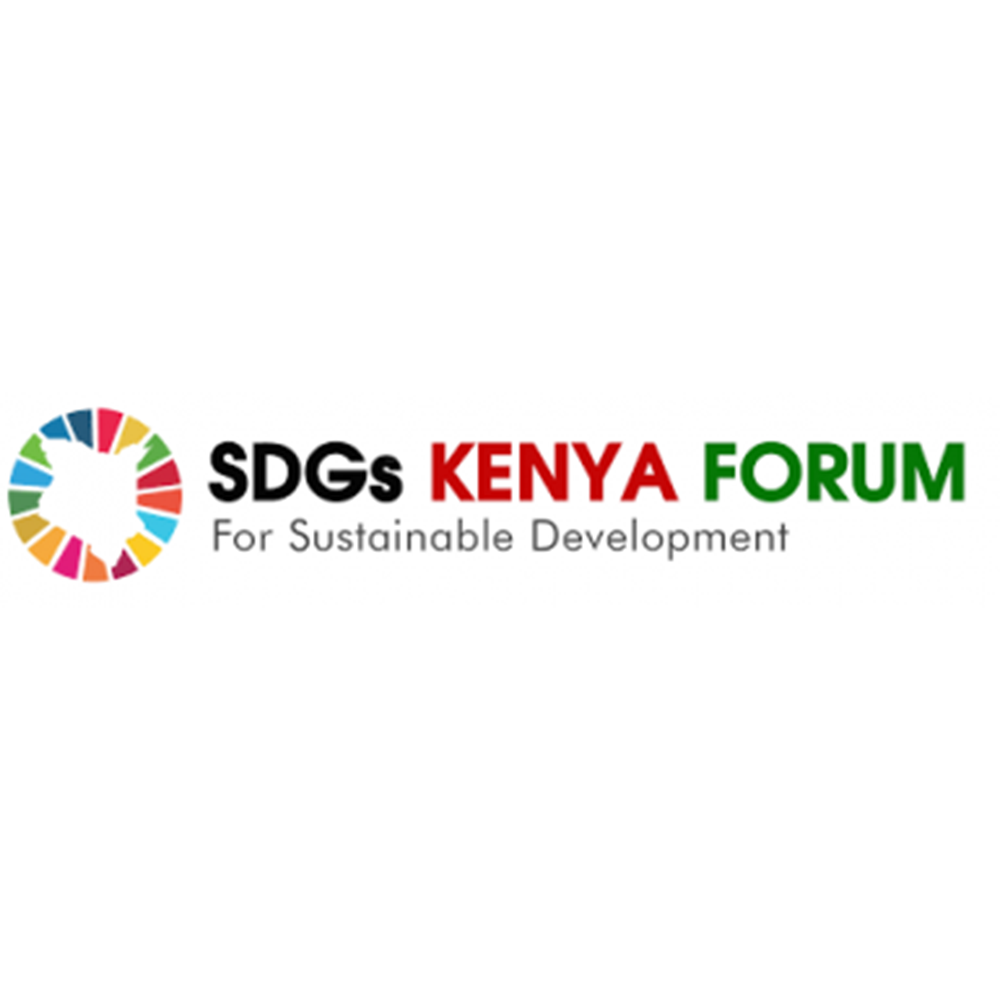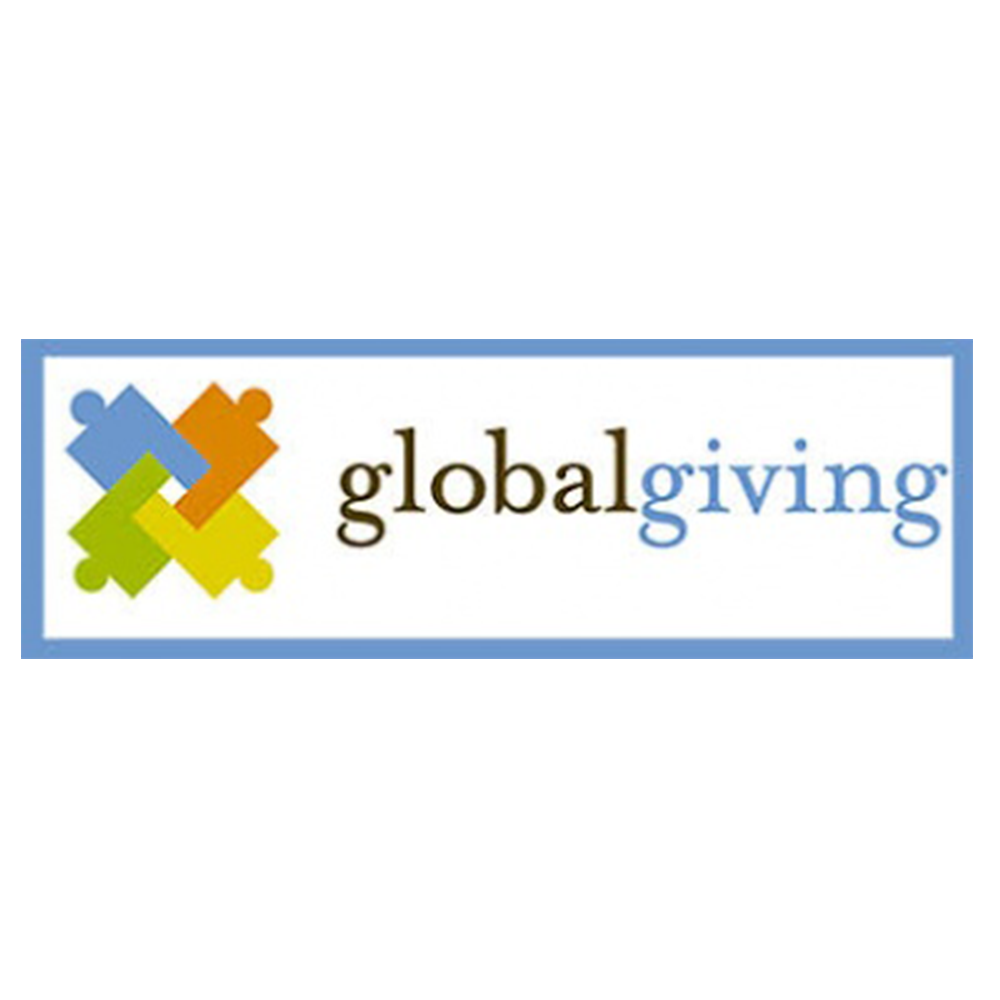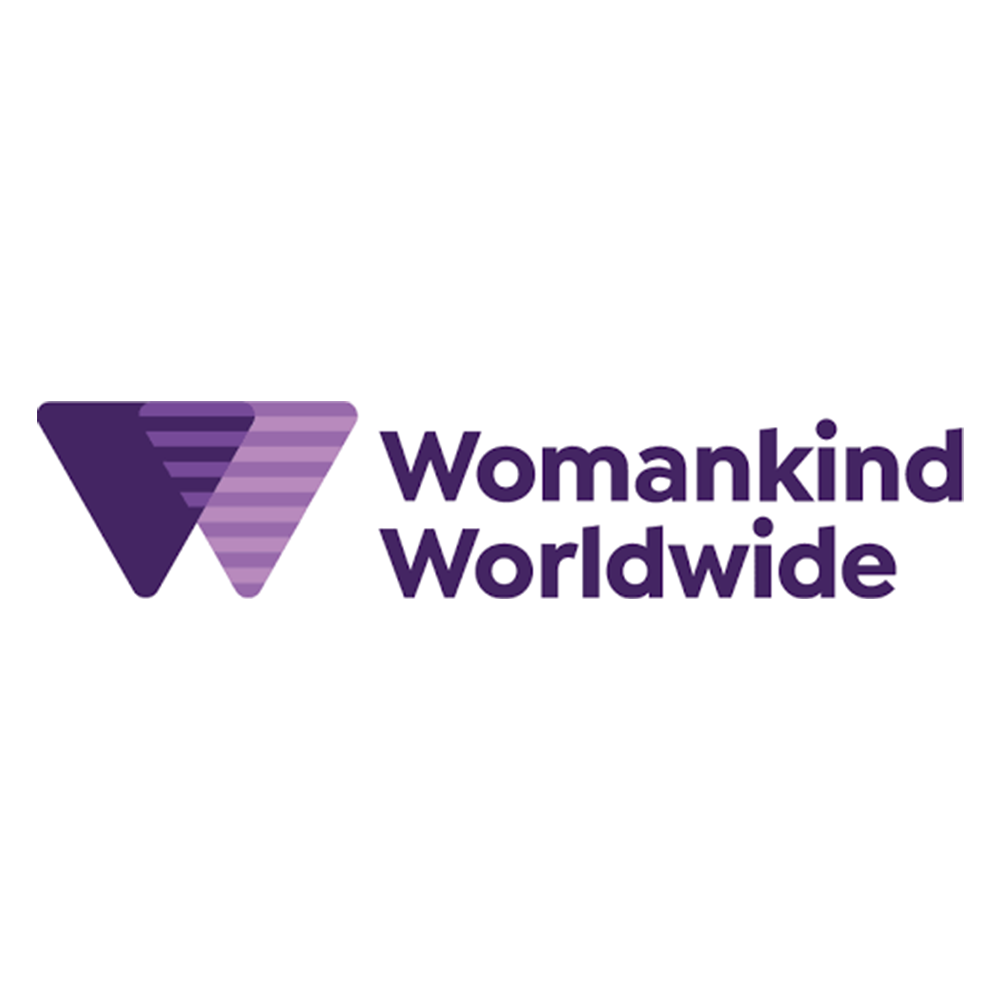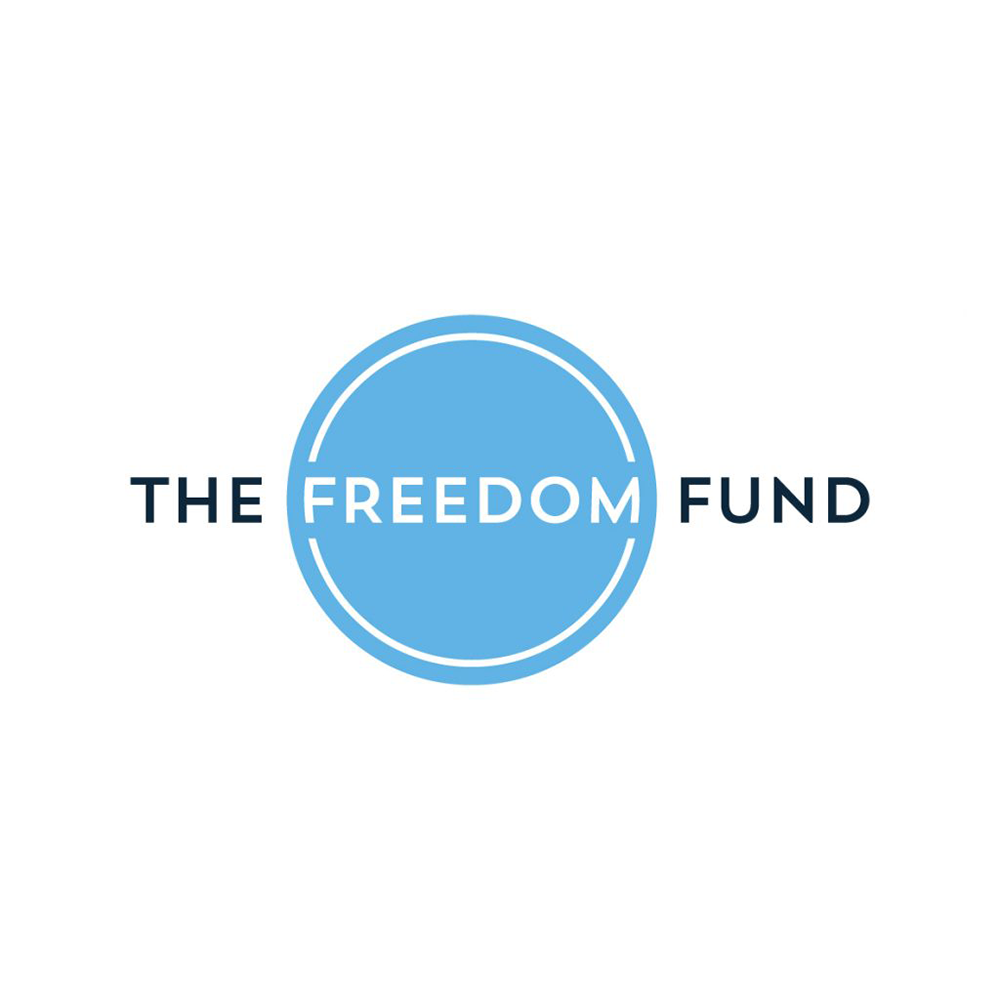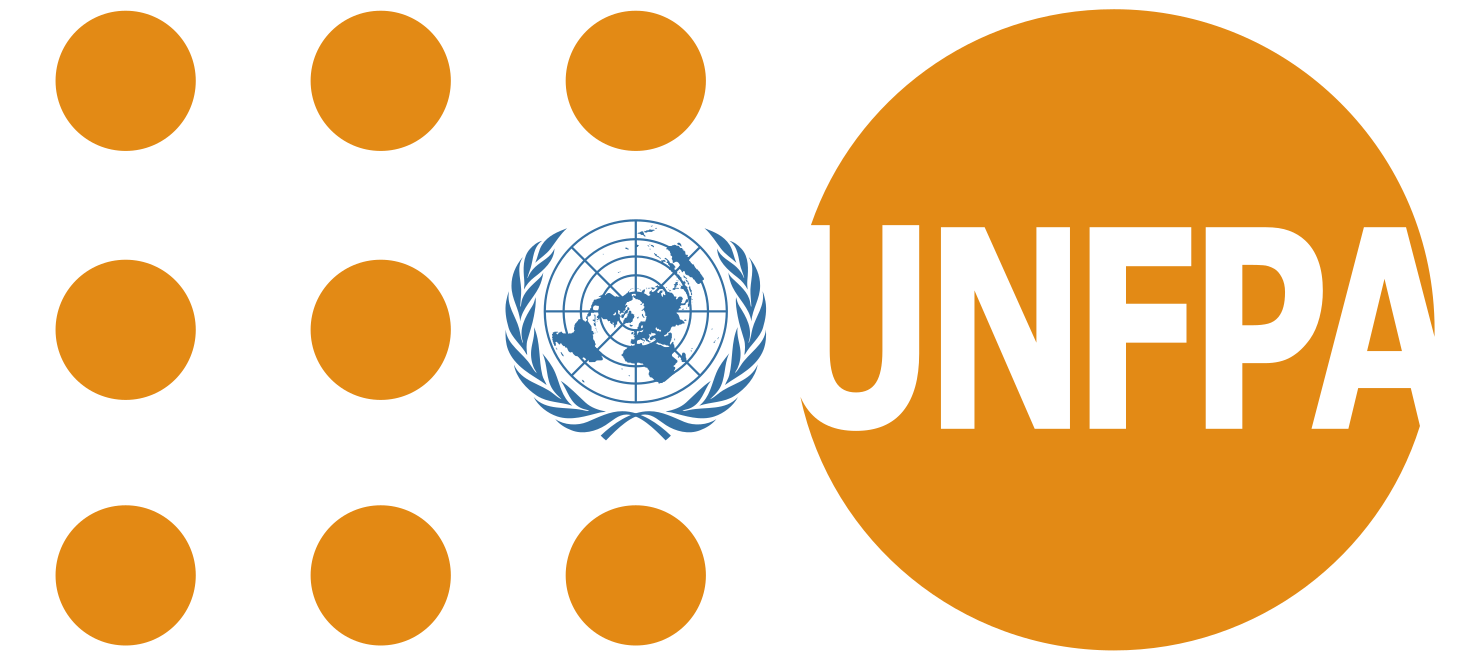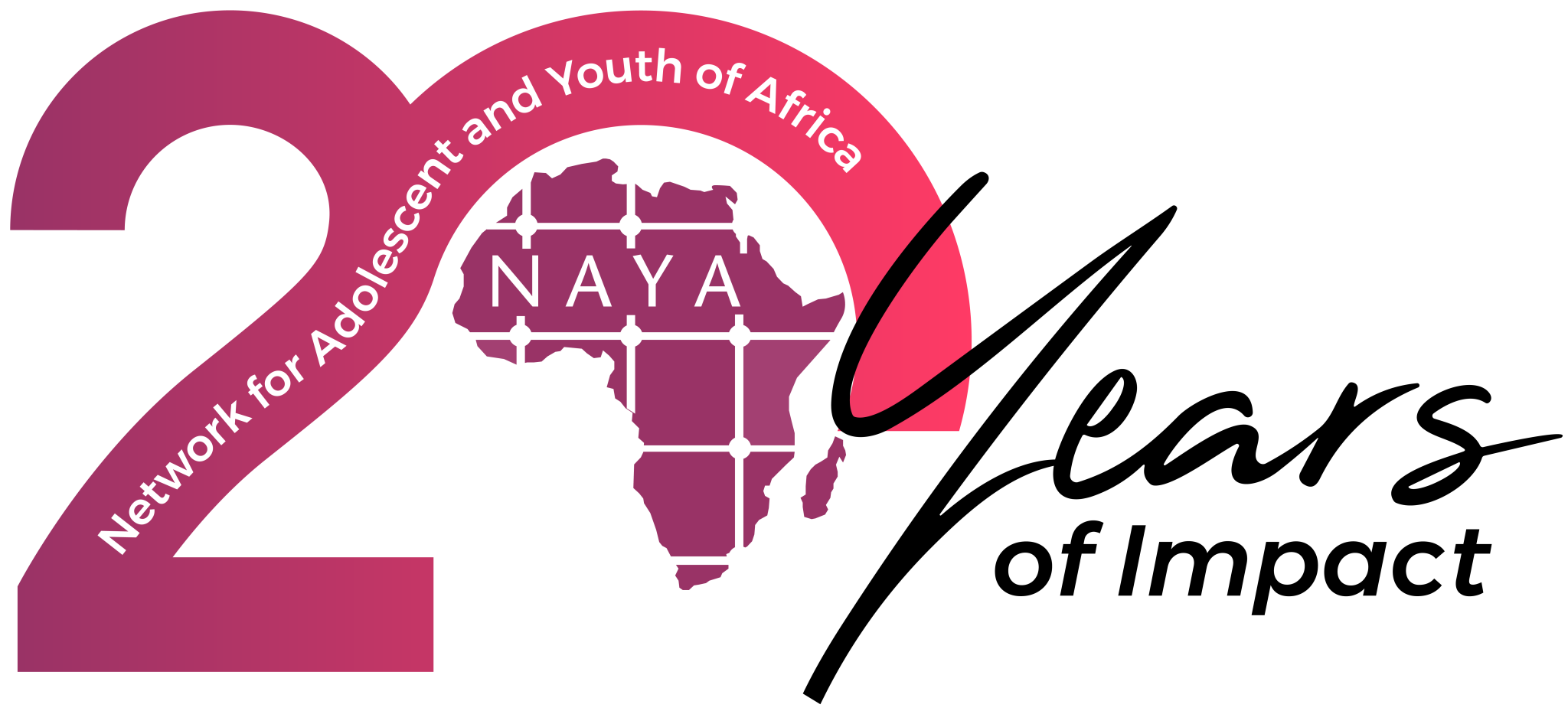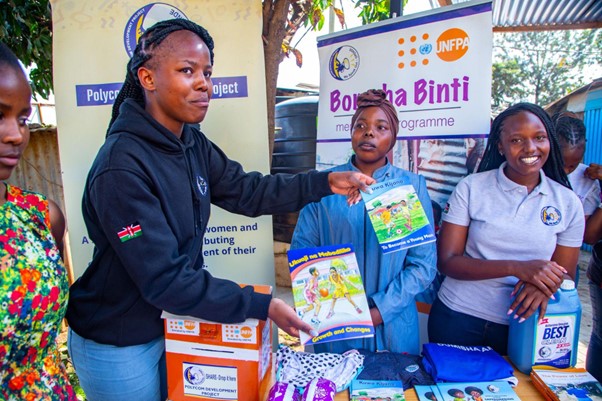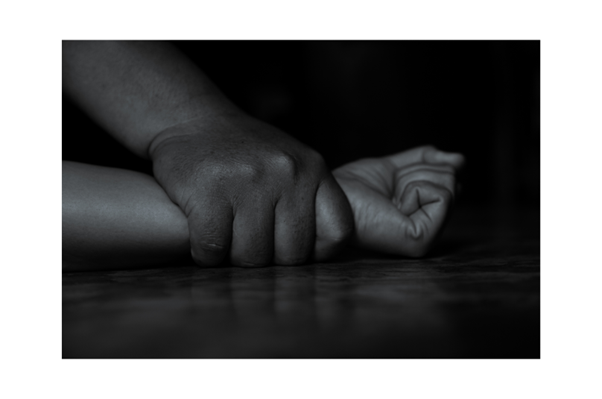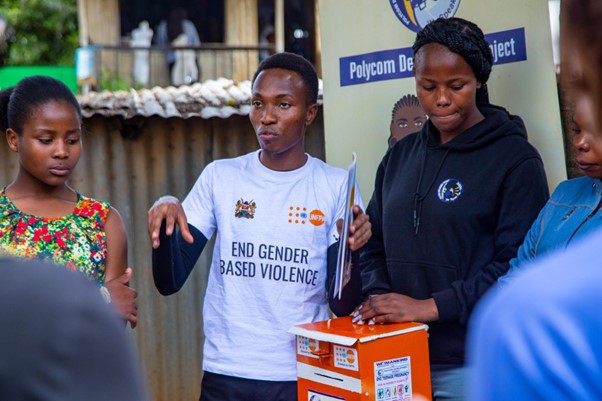- info@polycomgirls.or.ke
- Olympic Estate Kibera/Nairobi HS
Thematic Areas
Explore what services
Explore what services
we're offering
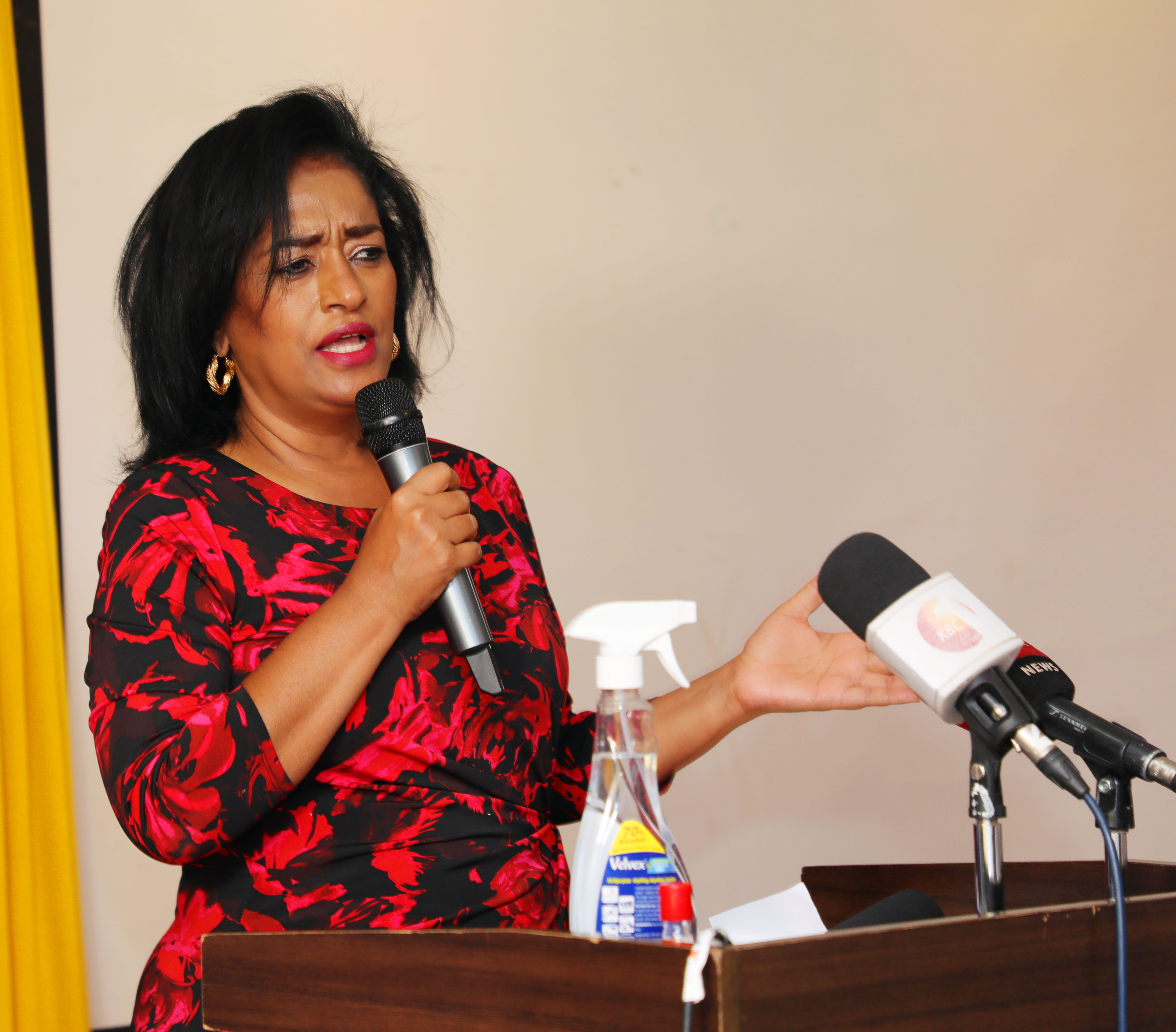
Promoting self-love, sports, hygiene, and communication
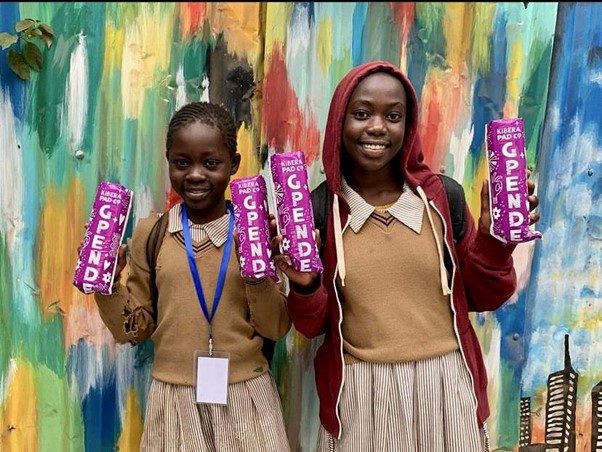
Menstrual hygiene and providing free sanitary towels and panties
* Ending Violence against Women
* Providing Welfare and Agency to Girls and Women
* Water, Sanitation and Hygiene
* Women Economic & Justice Empowerment
* Peace and Security for Girls and Women
Get to Know Us
Empowering & Transforming Girls and Women
Our hands-on approach in mobilizing resources and fostering dialogues ensures that our programs are tailored to meet the unique needs of every community we serve.
Mission
To sustainably mobilize, consolidate and amplify voices of women and girls in their diversity through collaborative activities that influence sustainable positive change/policy on issues that affect their lives.
Vision
A society of empowered girls and women who are effectively contributing to the development of their communities.
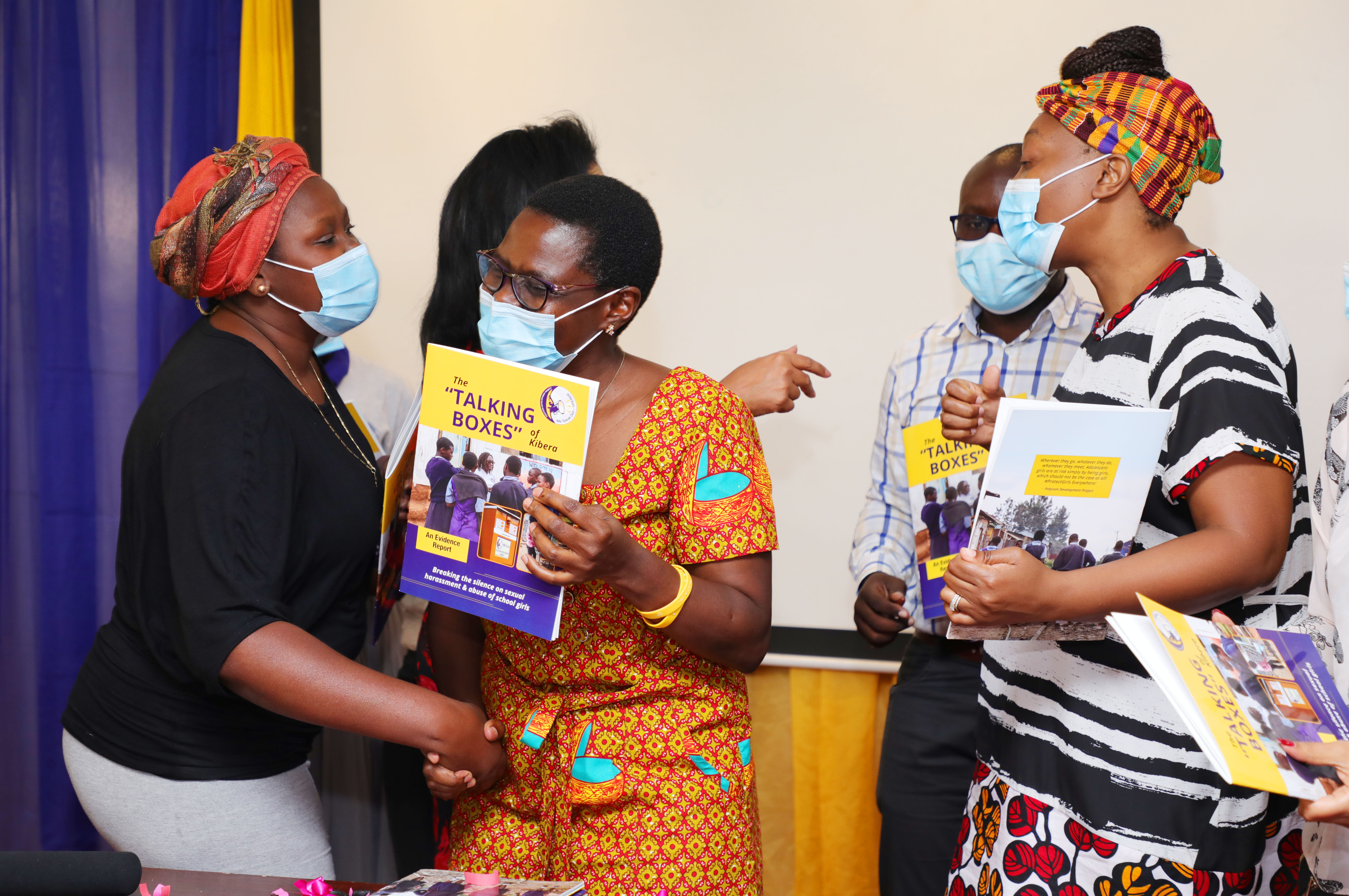
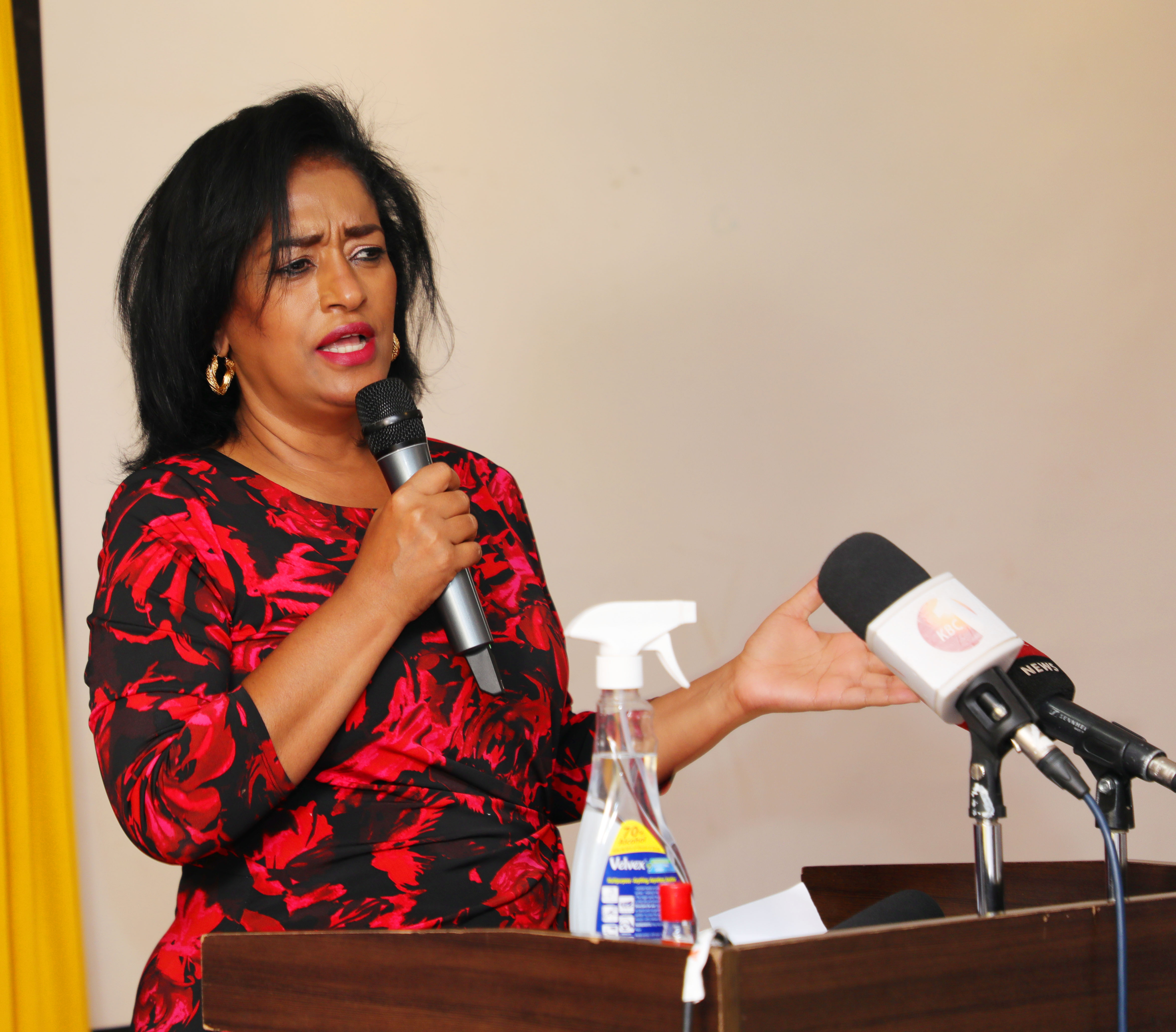
What do we believe?
Our Core Values
Self-Love (G-PENDE)
Collaboration
Inclusivity
Empowerment
Accountability
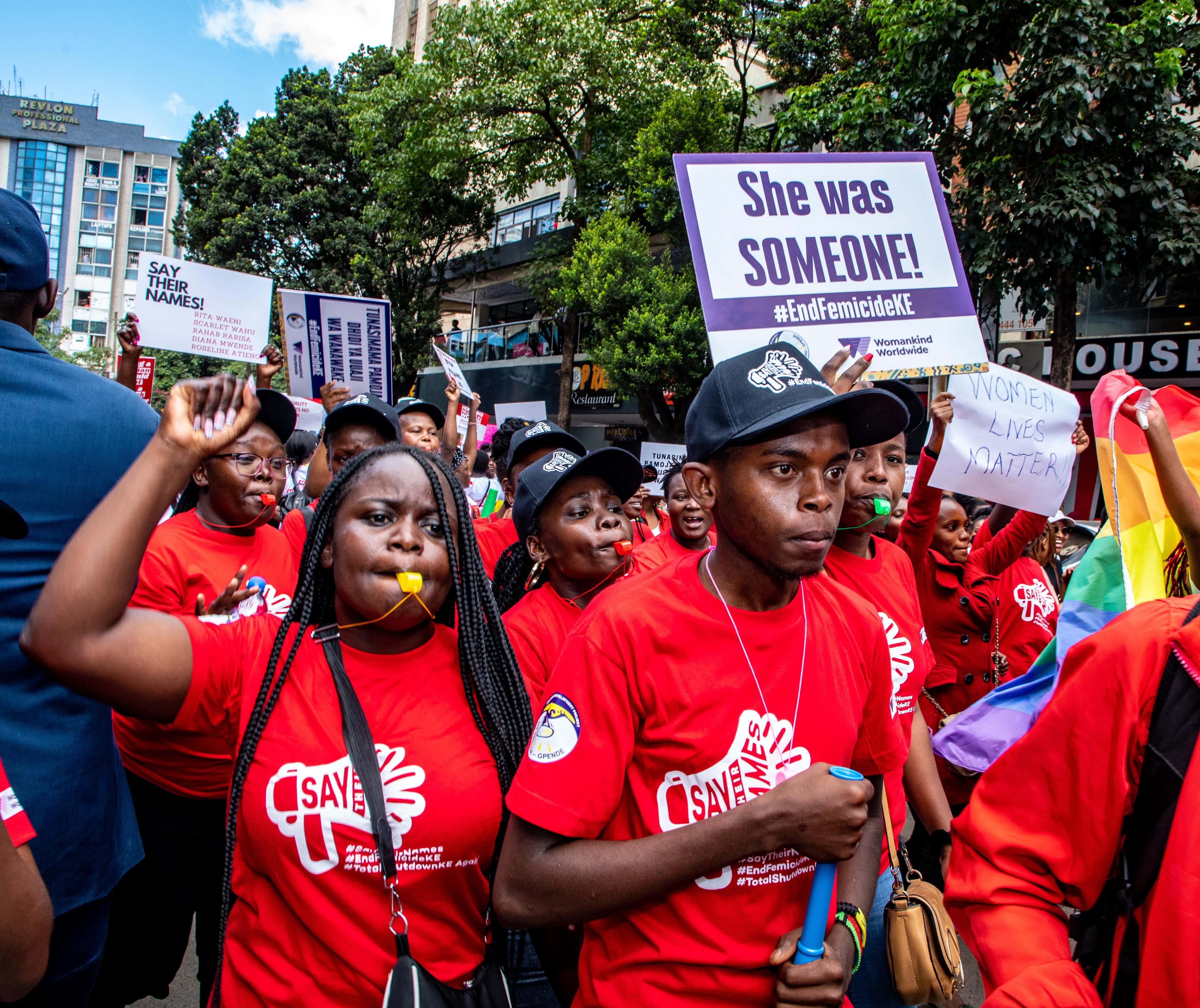
Our values that help us create awareness through our programs
What Makes us Different?
OUR PORTFOLIO
Explore our new recently
Explore our new recently
completed projects
TESTIMONIALS
What they’re
What they’re
talking about

“Polycom Girls has truly transformed my life. Receiving free sanitary towels and learning about proper hygiene gave me the confidence to face my everyday challenges without fear or shame. I feel empowered and supported every day.
Mary Wambui
Beneficiary, Nairobi
“Since Polycom Girls began supplying soap and maintaining our school’s toilets, we’ve seen a remarkable improvement in our students’ health. Our classrooms are now a cleaner, safer place for learning, and the kids are much happier.”
Ms Mwangi Grace
Teacher, Kibera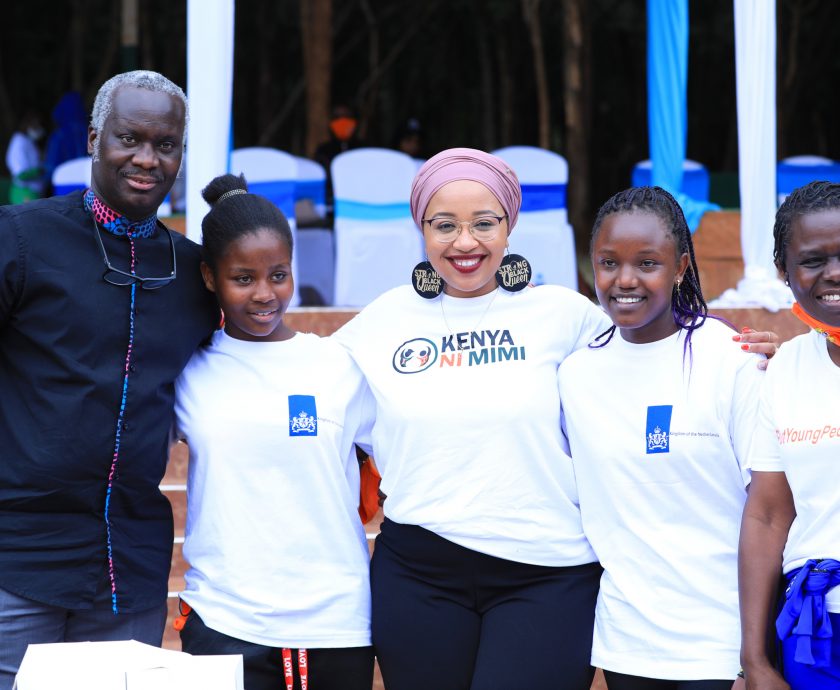
“Working with Polycom Girls has been inspiring. Their commitment to listening to our community and addressing our unique needs has set them apart. They not only provide essential services but also empower us to advocate for ourselves and create lasting change.”
Samuel Mutheu
Community Leader, Meru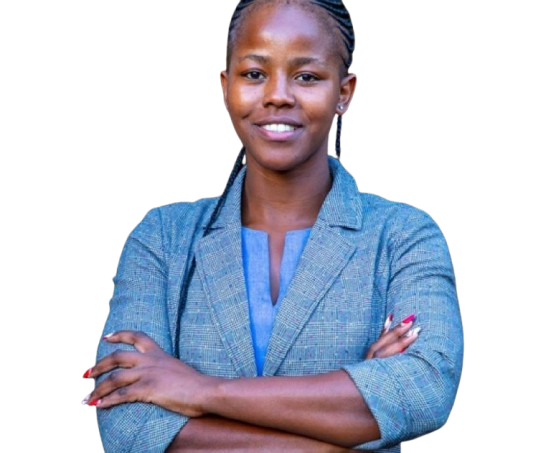
GET IN TOUCH
Let’s work together
FROM OUR STORIES
Checkout latest news
Checkout latest news
updates & articles
07 Jan, 2024
- by Admin


